Welcome to my blog
Grow & Scale A Business That Will Set You Free
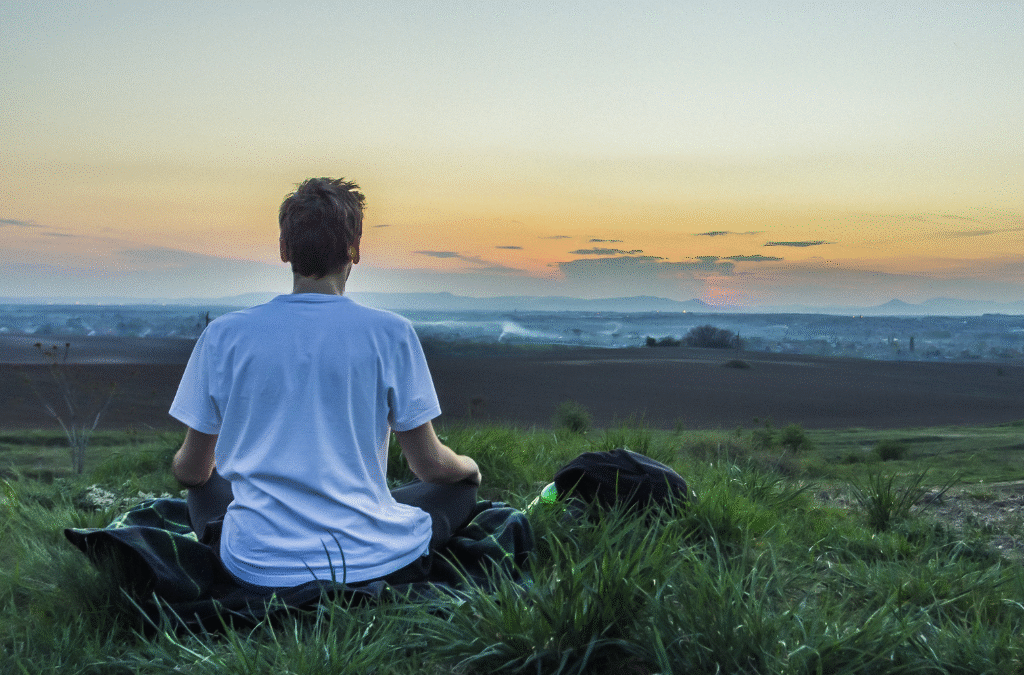
When You’re Feeling Weary
It feels as if the world is on fire.
Cultural upheaval. Political division. So much anger. So much noise.
It’s easy to feel burned out, stressed out, stretched too thin. To feel worn down and overwhelmed.
In times like these, it’s more important than ever to have practices that ground us. That bring us back to center. That help us recreate and renew.
For me, three practices have been essential. They’re not complicated. They’re not fancy. But they’ve carried me for decades.
The first is meditation. A simple Vipassana practice. Sitting still. Following the breath. Watching the thoughts arise and fall away. Again and again. This practice has been my anchor for more than forty years. It keeps me steady in the midst of chaos.
The second is journaling. Every morning, pen to page. Free flow. No censor. No editing. Just allowing whatever wants to come. Thoughts. Feelings. Ideas. Dreams. Frustrations. Hopes. It’s a practice that clears the clutter and makes space for clarity.
The third is movement outdoors. Getting outside. Moving in my body. Walking in the woods. Running mountain trails. Scrambling along high ridges. Nature heals. The body knows. When I move out there, I come back in here renewed.
These are my practices. Yours might be different. Maybe it’s prayer. Maybe it’s yoga. Maybe it’s cooking, or painting, or listening to music. Maybe it’s time with your kids. Or sitting with your dog.
The form doesn’t matter. What matters is that you find what works for you. And then you do it. Regularly. Consistently. Especially when you’re feeling weary.
We can’t control the storms around us. But we can tend to the ground beneath us. We can nurture practices that hold us steady. That keep us resilient. That remind us of who we are and what really matters.
So, when the noise of the world gets too loud, ask yourself: What practice brings me back? What practice restores me? And then—do that.
Need help? Let’s talk. Email me: [email protected]

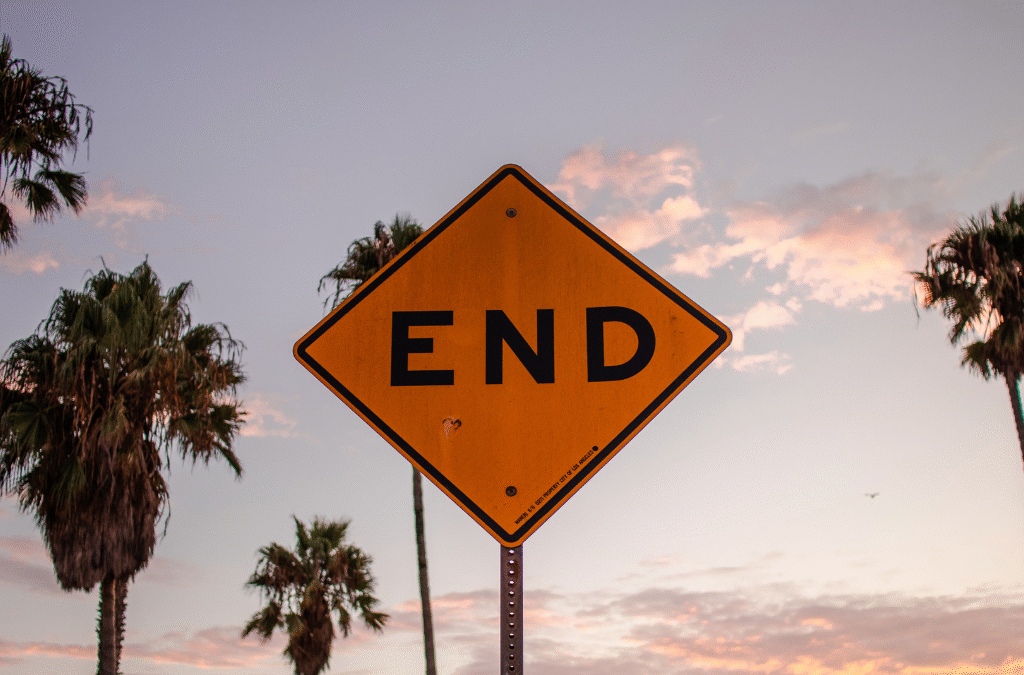
The End Is Near
The end is near.
Maybe the beginning too.
Summer is winding down. Labor Day weekend already.
Kids are heading back to school. And most of us will fall back into our same old routines.
For the kids, it’s new beginnings. Fresh notebooks. Blank pages. Clean slates.
For too many of us, it’s back to the same ol’ same ol’. The endless meetings. The deadlines. The hamster wheel.
But what if this season could be different?
What if September wasn’t just the start of another lap in the rat race… but a fresh start for you?
What if you finally began the thing you’ve been putting off? The business. The project. The book. The pivot you’ve been thinking about for months. Maybe even years.
What if you stopped waiting until January? Or “someday.”
Here’s the truth: you still have four full months left in this year. That’s one-third of a year. That’s a lot of time. Enough time to make real progress. Enough time to move the needle in a meaningful way.
The question is, will you let the time slip by? Or will you take action now?
Every year people wait until the calendar turns. They set big resolutions. They tell themselves, this year will be different. And then… it isn’t. Because nothing changes unless you change it.
You don’t need a new year. You need a new decision.
What if this September was your January?
What if you ended 2025 not with regret, but with momentum? With something built. Something started. Something you’re proud of.
The end is near. But it doesn’t have to be the end of your dreams. It can be the beginning of the next chapter.
If you’re ready, let’s talk. I help people like you create businesses and lives that excite them. Don’t wait. Don’t drift back into the same old patterns.
Email me: [email protected]. Let’s make this your new beginning.
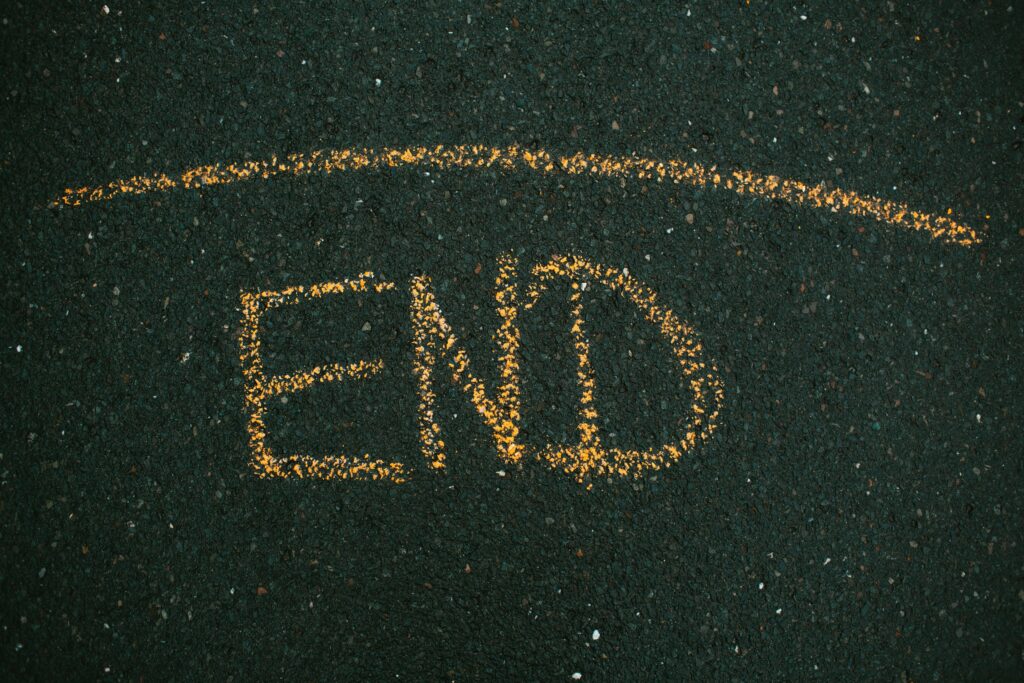

Your Most Important List
Most productivity advice is about adding more. More hacks; more apps; more tricks to squeeze another drop out of an already overstuffed day.
But the real secret of time mastery isn’t about doing more. It’s about doing less. And that begins with a Stop Doing List.
Your Stop Doing List is the antidote to overload. It’s the intentional practice of cutting away the tasks, obligations, and distractions that drain your time and energy.
Think about it. Every yes you give is a no to something else. A yes to another low-value meeting might mean a no to dinner with your family. A yes to answering email at 11 p.m. is a no to sleep. Without a filter, your time is consumed by things that don’t matter—until you no longer have time for the things that do.
That’s where the Stop Doing List comes in. It’s not about shirking responsibility. It’s about clarity and choice. What no longer serves you? What could be delegated, automated, or simply ignored?
Start small. Look at your calendar and cross out one commitment that doesn’t align with your values or goals. Then, look at your daily routine. What’s one thing you’re doing out of habit—not because it actually matters?
The practice builds over time. Each “stop” creates more room for what’s meaningful. More time for the work you love. More energy for the people who matter. More space for rest, creativity, and freedom.
The truth is, you don’t need more time. You need fewer things stealing it.
So instead of making another to-do list today, make a Stop Doing List. Protect your time. Reclaim your energy. And live your life on your own terms.
Need help? Let’s talk. Email me: [email protected]
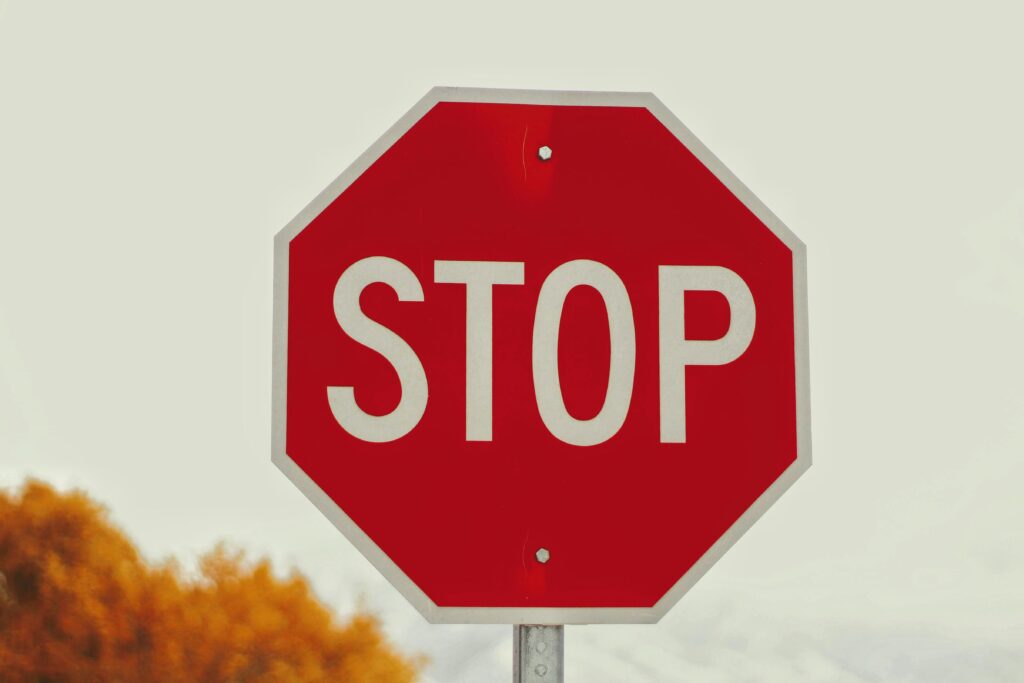

Questions That Change Everything
Most people spend their days reacting: To emails. To meetings. To other people’s demands.
It’s easy to drift like this for weeks, months—even years—without ever stopping to ask what you really want.
But there are two questions that cut through the noise. Questions that can change how you spend your time, starting right now: Who are you, and what do you want?
When you’re clear on your answers, everything shifts. Decisions get easier. Distractions fall away. You stop chasing things that don’t matter and start focusing on what does.
The challenge is that most of us never pause long enough to ask. Or we’ve been taught to answer with what we think we should want—what our families, friends, or culture expect from us—instead of what we truly value.
Values are the foundation. They are your filter for how you spend your time. If you say you value health but never make it to the gym, there’s a disconnect. If you say you value family but work 80 hours a week, there’s a disconnect.
A simple exercise can be revealing: Take a sheet of paper and draw a line down the middle. On one side, write your top five values. On the other, write the top five ways you spend your time. Do they match? Or are you living in a gap between what matters and what you actually do?
When those two lists align, your time feels meaningful. You feel on purpose. And you have a built-in compass for saying yes to the right things and no to the rest.
Clarity is powerful. Without it, we get swept along in a current of other people’s priorities. With it, we can choose our own course.
So ask yourself—today, right now—Who am I? What do I want? And then, start living in a way that reflects those answers.
Need help? Let’s talk. Email me: [email protected]

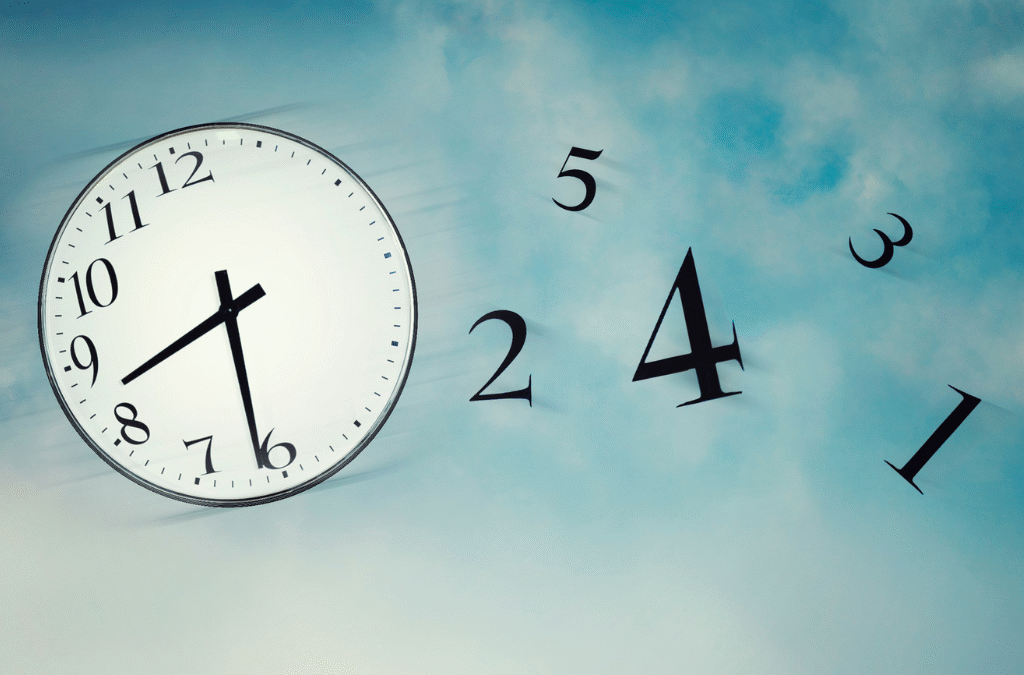
The Power of Doing Less
We live in a world addicted to busy. Ask someone how they are, and you’ll hear it: “Busy.” “Crazy busy.” “Nonstop.” It’s become a badge of honor. Proof of importance. A proxy for success.
But here’s the truth: busy is the enemy of effectiveness. Busy is a smokescreen. A hamster wheel. A surefire path to burnout and regret.
The first power principle of time mastery? Do less.
Not because you’re lazy. But because you’re ready to focus on what actually matters. Doing less means letting go of the illusion that your worth is tied to your output. It means understanding that more activity doesn’t equal more impact. And it means getting honest about the urgent things that demand your time—versus the important ones that actually move your life forward.
When I work with high-achievers—CEOs, attorneys, physicians, entrepreneurs—what I often find is this: they’re exhausted, overwhelmed, and secretly unsatisfied. They’ve built lives that look impressive on the outside… but feel unsustainable on the inside.
What they need isn’t a better to-do list. They need a Stop Doing List.
Because doing less isn’t about slacking off. It’s about showing up with more clarity, more focus, and more energy for the things that truly count.
So ask yourself: What am I doing that I don’t really need to be doing? What could I let go of—today—that would open up time, space, and freedom?
Start there. Start small. Cut one thing. Say no to a meeting. Cancel a low-impact commitment. Hand off a task that drains you.
Because when you do less, you create space to do your best. And you step out of survival mode… into mastery.
You don’t need to earn your rest; or prove your worth. You just need to choose what matters most—and give yourself permission to let the rest go.
Need help? Let’s talk. Email me: [email protected]

DOWNLOAD your FREE BOOK!
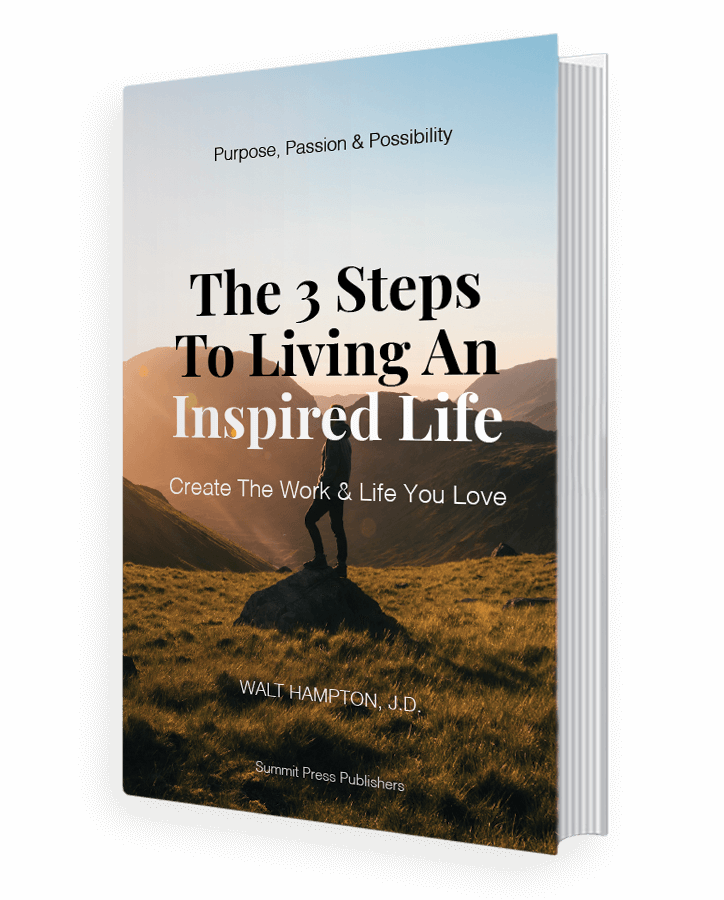
DOWNLOAD Your Free E-Book NOW! Click Below And Get Going!
Click below for your copy of Journeys!
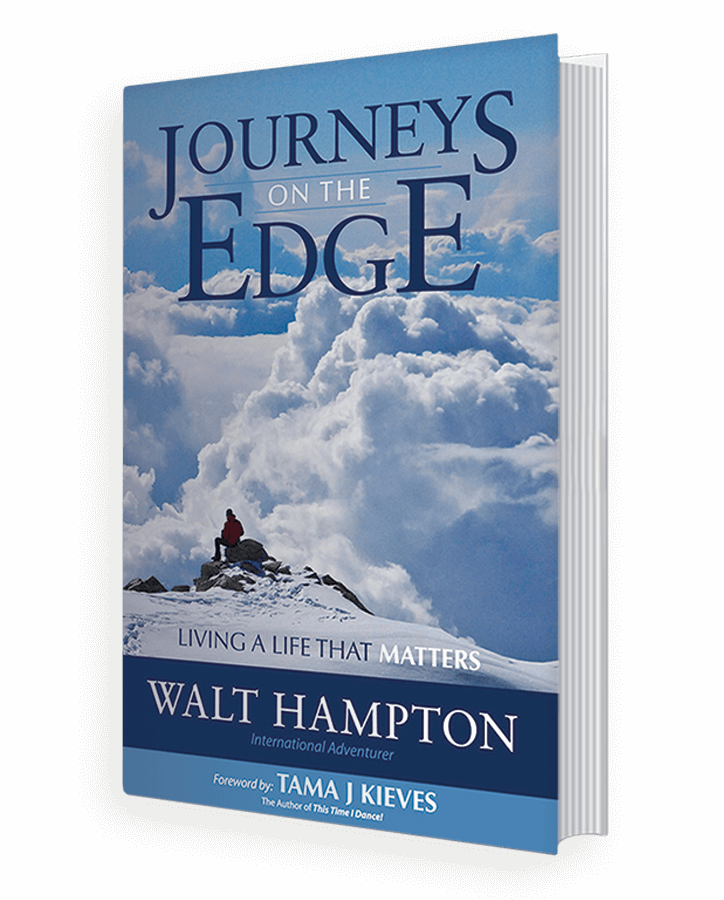
You’ll Get A Signed Copy!
Click on the button for your copy of my brand new book “The power principles of time mastery!”
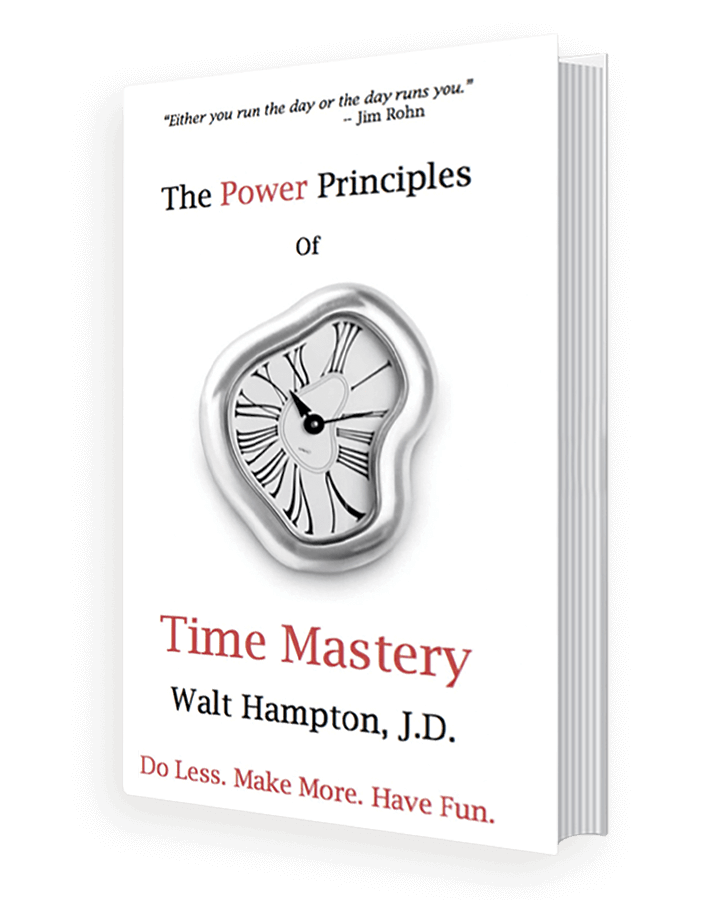
You’ll Get A Signed Copy!
Categories
Adventure
Finding The Way
Journeys
Leadership
Success
Ultra Training
